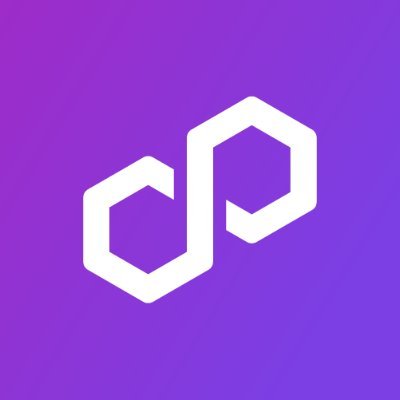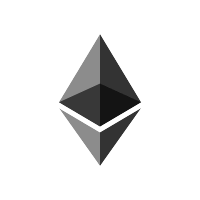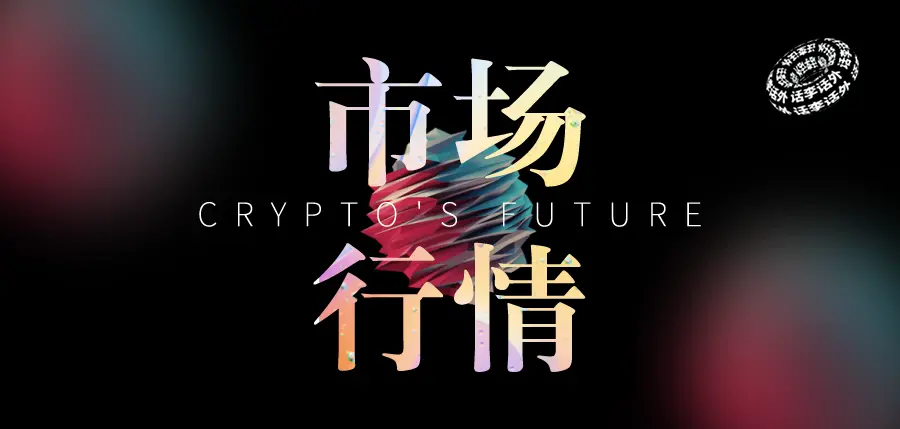Exclusive Interview with Astar Founder: Accelerating Real-World Adoption of Web3 in Japan, Developing zkEVM L2 to Enter Ethereum
Author: 1912212.eth, Foresight News
The blockchain wave is sweeping the globe, but the true source of innovation still seems to be in the United States. A common saying is that the West excels in underlying protocol innovation, while the East is better at platforms and operations. Setting aside these claims, every country has its own project protocols emerging. When mentioning South Korea, we think of the collapsed Terra; when talking about India, we recall the crazy performance of Polygon during the last bull market; when it comes to Hong Kong, we think of the domestic public chain Conflux; and what about Japan?
This country was known worldwide for its expertise in electronic manufacturing in the latter half of the last century, giving birth to a number of globally renowned Fortune 500 companies. However, in the subsequent internet wave, it fell significantly behind, resulting in no well-known brands emerging since then. Today, under the blockchain wave, Japan has designated it as a national strategy and is making every effort to accelerate its layout. As Japan's largest public chain project, Astar Network is also vigorously developing its ecosystem. Astar is a multi-chain smart contract platform that currently supports Ethereum's various EVMs.
Recently, Foresight News interviewed Astar Network founder Sota Watanabe to unveil its mysterious veil.

Sota's first trip abroad was to India during his freshman year, where he first experienced the severity of poverty and environmental issues, which sparked his desire to solve these problems. He later joined a U.S. blockchain company for research and then decided to return to Japan to start a business, becoming a researcher at the University of Tokyo and developing his public chain project with friends.
This year, Astar not only updated its Staking V3 but also revised its tokenomics and collaborated with Polygon to launch Astar zkEVM to enter L2.
Japanese Market vs. Europe and America
Foresight News: Let's start by discussing your background. You mentioned having some experiences in India and then unexpectedly encountering blockchain. Can you elaborate on how you entered this industry?
Sota: My experience in India exposed me to many social challenges, which motivated me to seek ways to make a real change. When I discovered blockchain, I saw it as a powerful tool to help address these issues. It is a new technology full of possibilities, and the so-called experts are not yet saturated. This made it a field where I could delve deeply and make an impact, ultimately leading to the creation of Astar Network.
Foresight News: We see that blockchain projects are still concentrated in Europe and America, while the Asia-Pacific region is also thriving and catching up, but there is still a gap. How do you view the cultural and technological differences between Europe and America and the Asia-Pacific region?
Sota: The Western world is leading in blockchain because they take more risks and are willing to support new ideas. However, the Asia-Pacific region is rapidly catching up, especially in terms of technology and the readiness of people to use these technologies. In Japan, the government does indeed support blockchain to help its development. The differences between these regions are not only challenges but also opportunities. They represent a chance for us to work together and make blockchain bigger globally.
Foresight News: From a global perspective, there are relatively few projects in Japan. What is the reason for Astar Network choosing to develop in Japan?
Sota: Although Japan has fewer blockchain projects compared to other Web3 hubs like the U.S. and Singapore, Astar Network decided to develop in Japan due to the country's positive stance on innovation and technology. Japan has a unique ecosystem characterized by strong government support for technology, advanced technological infrastructure, and a highly skilled talent pool. This environment is conducive to the exploration of blockchain technology. This strategic choice reflects the belief in leveraging Japan's technological advantages and regulatory framework to lead in the blockchain space, laying the foundation for growth and adoption in Japan and globally.
Foresight News: What cultural or technological advantages or shortcomings can you share about doing blockchain projects in Japan?
Sota: We have a good environment in Japan because people value new technologies, and the country has a strong technological system. Additionally, Japan is getting better at establishing blockchain regulations, which is very helpful. However, this can also pose challenges, as Japanese companies are often very cautious and slow to change, especially regarding new technologies like blockchain. Furthermore, due to strict regulations, it may take longer for new things to take effect here.
Despite these challenges, Japan remains a good place for blockchain project development because people trust the technology here, and we are known for producing high-quality products. In the long run, this helps us build strong and trustworthy projects.
Foresight News: Do you think Japan's policies towards blockchain are relatively friendly or strict?
Sota: Japan takes a balanced stance on blockchain. As one of the first countries to regulate cryptocurrency exchanges, it has shown openness that supports the development of this technology. However, its regulations, such as cryptocurrency taxation, are considered strict. The government aims to maintain this balance between innovation and regulation, hoping to promote blockchain development while ensuring safety and compliance.
Astar Develops zkEVM to Enter L2
Foresight News: Astar Network has been very active recently, and we see that Staking V3 has been released. What are the major updates?
Sota: The new dApps Stake V3 makes earning rewards easier, enhances security, and simplifies how developers manage applications on Astar Network. This is to make things easier and safer for every participant.
Foresight News: We also noticed that Astar has launched zkEVM. How do you view zkEVM? Why is Astar considering focusing on this direction?
Sota: Astar Network has established a strategic partnership with Polygon Labs to launch Astar zkEVM, aiming to enhance Ethereum's scalability with the support of Polygon technology. This collaboration is not only intended to promote the development of Ethereum but also to accelerate the broader adoption of Web3 technologies in markets including Japan. By leveraging Polygon CDK (Chain Development Kit), Astar zkEVM will introduce innovative L2 solutions that contribute to the Ethereum community.
Overseas Expansion
Foresight News: Ethereum NFTs have been relatively quiet for quite some time. In your opinion, what is the reason? Does Astar Network have any progress or thoughts on NFTs?
Sota: The NFT space on Ethereum may seem quiet, but things are not calm behind the scenes. At Astar Network, we are exploring new uses for NFTs beyond collectibles, such as in finance and gaming. We are also making NFT transactions cheaper and more efficient. Importantly, we are collaborating with Japanese companies to integrate NFTs into real-world applications, aiming to innovate in areas like digital art and entertainment. Through these efforts and strategic partnerships with entities like Polygon, we are working to revitalize the NFT ecosystem and make it more relevant to a broader audience.
Foresight News: Will Astar consider expanding beyond Japan into the Asia-Pacific region, or will it focus solely on the Japanese market?
Sota: As Astar Network, our vision extends from Japan to the entire Asia-Pacific region and beyond. While Japan is our foundation, the potential and diverse needs of the Asia-Pacific market are significant. Our goal is to create a Web3 ecosystem that meets local demands while promoting global connectivity. Our journey begins in Japan, but our vision is to be a bridge for Web3 in the Asia-Pacific region and globally.











